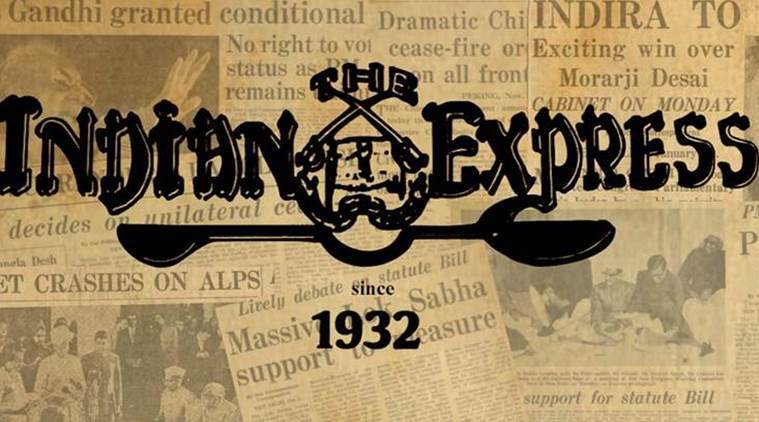A Trump Card
Hike in tariffs on US imports is the right move, in face of provocation by US administration’s unilateral trade actions.

The government has, at the same time, been sensible in leaving the door sufficiently open for negotiations.
The Narendra Modi government has taken the right step in hiking tariffs on 29 products imported from the US. To begin with, its action is purely retaliatory, to counter the US’ unilateral imposition of duties amounting to 25 per cent and 10 per cent on certain steel and aluminium items imported from all countries, barring Brazil, Argentina and Australia. Secondly, India kept the World Trade Organisation (WTO) fully informed before announcing the increased duties. The additional revenue from these, it told the multilateral body that regulates international trade, was equivalent to what the US government would collect from its tariffs on steel and aluminium products imported from India. Thirdly, India has a stake in ensuring a rule-based multilateral trading system under the WTO. In joining the European Union and China, which have also taken similar tit-for-tat tariff measures against the US, it has done just what is necessary to protect this open trading system operating on the principle of comparative advantage. This is as opposed to “impairment to national security” — the justification that the Donald Trump administration has given for its unilateral trade actions.
The higher duties that India has imposed — especially on dry fruit and apples — will certainly hurt the US. In 2017-18 alone, the country imported $668.22 million worth of almonds, $107.18 million of fresh apples and $38.01 million of walnuts from the US. These are not the most essential food items and can, moreover, be sourced from other origins as well — almonds from Australia or apples from China and Chile. Nor will the increase in tariffs on chana (chickpea) and masur (lentil) lead to runaway food inflation when India is anyway today surplus in pulses. Besides, the US is an insignificant supplier of these pulses compared to Australia and Canada. Simply put, Californian and Washington state farmers stand to lose far more from the current trade standoff than any perceived gains to steel and aluminium makers in Pennsylvania or Ohio. Even bigger losers are American consumers and workers in industries — from cars, washing machines and refrigerators to highways and skyscraper building — that need steel and aluminium.
The government has, at the same time, been sensible in leaving the door sufficiently open for negotiations. Its retaliatory tariffs are to come into effect only from August 4. Also, there is one product — motorcycles with engine capacity of over 800 cc — on which India had contemplated raising duties, as per the list that was submitted to the WTO. That item, which basically targets the iconic Harley-Davidson bikes, has been deliberately excluded at the last moment. It can very well serve as a “trump card” when the assistant US trade representative, Mark Linscott, visits India next week for holding talks with Indian officials. And India, on its part, should assuage genuine US concerns over intellectual property rights protection and price controls on medical devices.
For all the latest Opinion News, download Indian Express App






































No hay comentarios:
Publicar un comentario